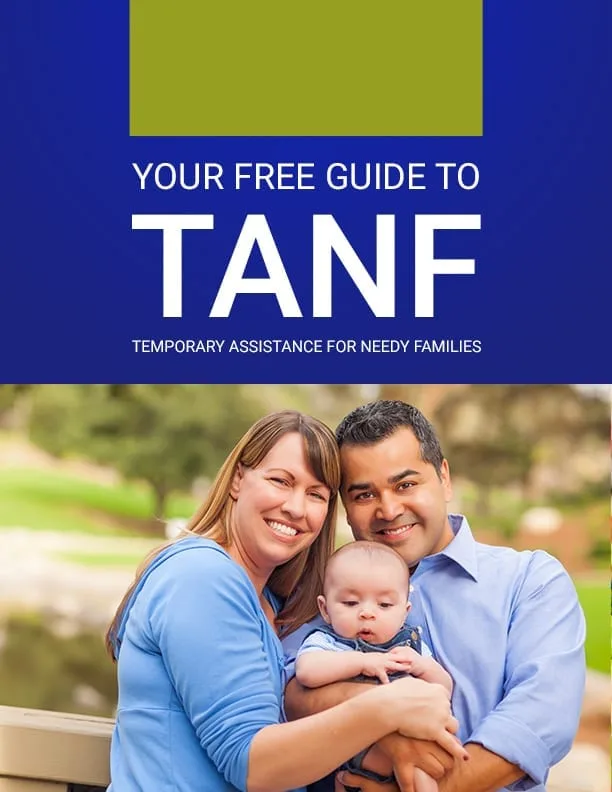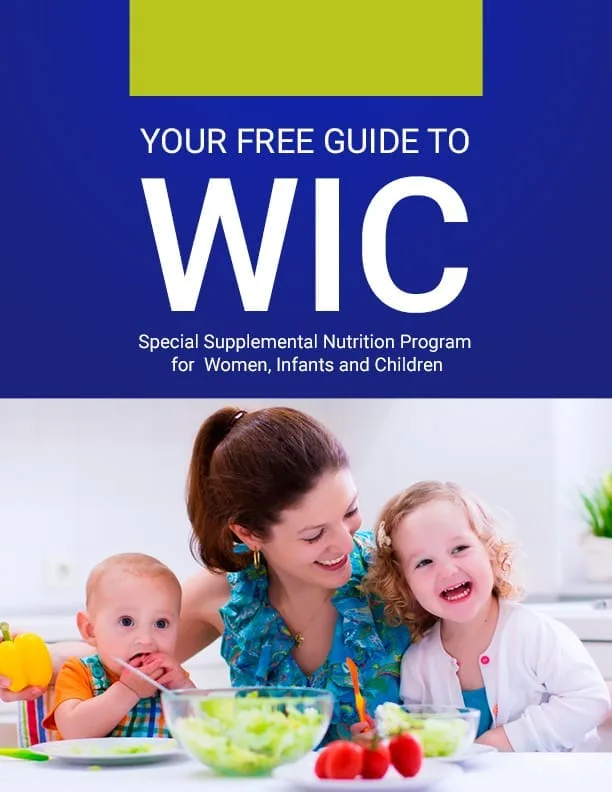Your Free Resource Guide
Your Free Resource Guide
We are privately owned and not affiliated with the government in any way or form.
Navigating the complexities of government programs and legal matters can be challenging, especially when it comes to essential services like communication and family support. This resource guide aims to provide clear, straightforward information on two important topics that impact many families: free government cell phone programs and family law.
Whether you are looking to stay connected with a free or low-cost cell phone or need guidance on legal issues such as child custody, divorce, or alimony, this guide offers valuable insights to help you understand your options and make informed decisions for you and your loved ones.
Lifeline Assistance Program
The free government cell phone program, officially known as the Lifeline Assistance Program, is a federal initiative aimed at providing free or discounted phone services to low-income individuals and families. Established in 1985 by the Federal Communications Commission (FCC), this program ensures that all Americans have access to essential communication services.
It originally focused on providing landline services but has since expanded to include mobile phones, making it easier for eligible participants to stay connected with employers, healthcare providers, and emergency services.
How Does the Program Work?
The Lifeline Assistance Program works by partnering with various telecommunications companies to offer free or low-cost cell phones and monthly service plans to qualified individuals. Participants typically receive a basic mobile phone and a set number of minutes, texts, and data per month.
The specific benefits may vary depending on the state you live in and the service provider. In some cases, participants can also opt for discounted broadband internet services instead of or in addition to mobile phone services.
Benefits of the Program
The program provides several crucial benefits to those who qualify. First and foremost, it helps individuals maintain a stable line of communication for emergencies, job opportunities, and social connections.
Additionally, having access to a phone enables users to receive important information about public services, healthcare, and education. For many low-income families, the program reduces the financial burden of monthly phone bills, allowing them to allocate funds toward other essential needs like housing, food, and medical care.
How to Qualify for a Free Cell Phone
To qualify for a free government cell phone, applicants must usually meet specific income criteria or participate in certain government assistance programs like SNAP (Supplemental Nutrition Assistance Program), Medicaid, Supplemental Security Income (SSI), or Federal Public Housing Assistance (FPHA). Generally, your household income must be at or below 135% of the Federal Poverty Guidelines.
Applying for the Lifeline Assistance Program
To apply, visit the Lifeline National Verifier website or contact a participating phone service provider in your area. You will need to provide proof of eligibility, such as documentation of your income or participation in a qualifying assistance program. Once approved, you can select a service provider and receive your phone and service plan.
Family Law
Family lawyers specialize in legal matters involving family relationships. These professionals play a critical role in representing clients during family law disputes, negotiations, and court proceedings. A family lawyer can provide legal advice, draft documents, represent you in court, and help negotiate settlements.
You may need a family lawyer in several situations, including divorce, child custody disputes, adoption, or the establishment of guardianship. Choosing the right family lawyer is essential, as they can guide you through emotionally challenging and complex legal processes.
Divorce
Divorce lawyers are specialized family law attorneys who focus specifically on issues related to divorce. They help clients navigate the legal process of ending a marriage, which can involve negotiating property division, alimony, child custody, and child support.
There are two main types of divorce:
- Contested
- Uncontested
In a contested divorce, the parties cannot agree on one or more aspects of the divorce, such as asset division or custody arrangements, requiring court intervention. An uncontested divorce occurs when both parties agree on all major issues, allowing for a more straightforward process.
Child Custody
Child custody refers to the legal and practical relationship between a parent and their child, including the parent’s right to make decisions for the child and their duty to care for the child. Child custody can be divided into two main categories: legal custody and physical custody. Both categories can be awarded jointly or solely to one parent, depending on various factors considered by the court.
- Legal Custody: This type of custody refers to the right and responsibility to make significant decisions regarding the child’s upbringing, including decisions about education, healthcare, religion, and general welfare.
- Joint Legal Custody: Both parents share decision-making responsibilities and must cooperate and communicate about major life decisions affecting the child.
- Sole Legal Custody: One parent has the exclusive right to make major decisions about the child’s life. This may occur in situations where one parent is deemed unfit or unable to participate in decision-making due to various reasons, such as a history of abuse or neglect.
- Physical Custody: This type of custody refers to where the child lives and who is responsible for the child’s day-to-day care.
- Joint Physical Custody: The child lives with both parents for significant periods, allowing for a balanced relationship with each parent. The exact time spent with each parent can vary, and a detailed schedule is often established to ensure stability and consistency.
- Sole Physical Custody: The child primarily lives with one parent, who is the custodial parent, while the other parent (the non-custodial parent) typically has visitation rights. Sole physical custody may be awarded when joint physical custody is not in the child’s best interest due to logistical challenges, safety concerns, or other reasons.
Child Support
Child support is a court-ordered financial contribution paid by the non-custodial parent (the one without legal custody) to the custodial parent (the one with legal custody) to help cover the costs associated with raising their child. The primary purpose of child support is to ensure that the child’s basic needs are met, providing them with a stable environment that includes adequate food, shelter, clothing, education, healthcare, and other essentials.
Child support is considered the right of the child, not the custodial parent, and is intended to maintain a standard of living similar to what the child would have experienced if the parents were still together.
Alimony (Spousal Support)
Alimony, often referred to as spousal support, is a financial arrangement where one spouse makes regular payments to the other following a divorce. The primary purpose of alimony is to lessen the financial disparity between the spouses post-divorce, especially if one spouse has been dependent on the other’s income during the marriage.
This support aims to ensure that the lower-earning spouse can maintain a lifestyle reasonably comparable to what they had during the marriage, or at least avoid significant financial hardship.
Prenuptial Agreements
Prenuptial (premarital) agreements, often referred to as prenups, are legal contracts entered into by a couple before marriage that outline the distribution of assets, debts, and financial responsibilities in the event of divorce or death. These agreements can help protect individual property, simplify divorce proceedings, and clarify financial rights and obligations.
For a prenuptial agreement to be valid, it must be entered into voluntarily, with full disclosure of assets and liabilities by both parties, and be fair and reasonable at the time of signing. Both parties should have independent legal representation to ensure the agreement is enforceable.
Mediation and Alternative Dispute Resolution (ADR)
Mediation is a form of alternative dispute resolution (ADR) where a neutral third party, called a mediator, helps parties negotiate a mutually agreeable solution to their dispute. Mediation is often used in family law cases, such as divorce or child custody, to avoid lengthy and costly court battles.
Compared to litigation (settling something in court), mediation can offer several advantages, including:
- Lower costs
- Faster resolution
- Privacy
- Less adversarial process
However, it may not be suitable for all situations, particularly if there is a history of abuse or one party refuses to negotiate in good faith. Preparing for mediation involves understanding your goals, being willing to compromise, and being open to creative solutions that may benefit both parties.









